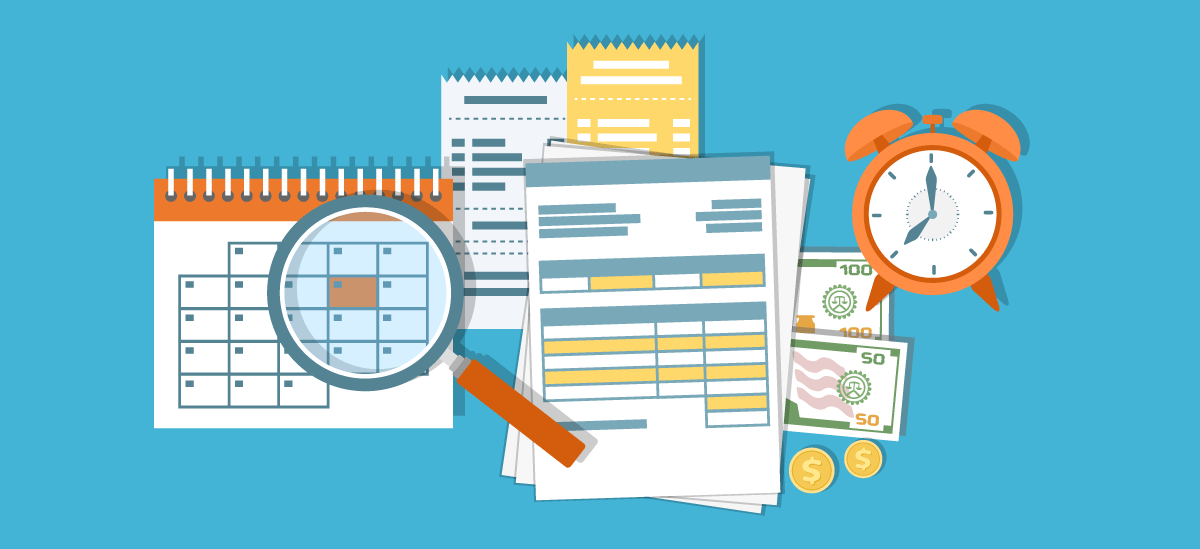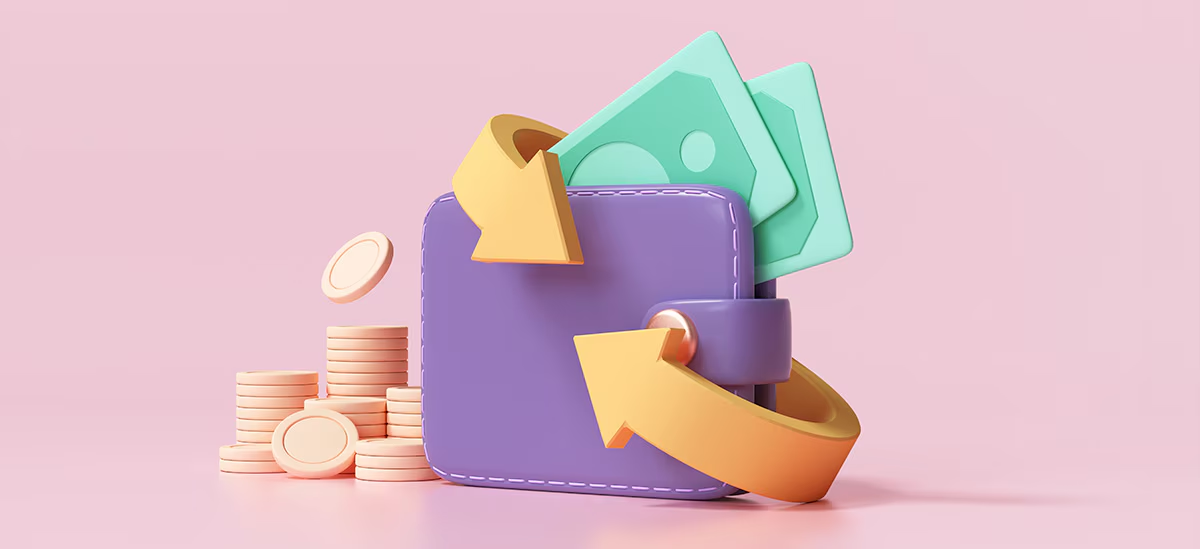
Do Checks Expire?
If you find a check that hasn't been cashed or deposited, you may be wondering: Do checks expire? Can you still take it to your bank?
Let us clear up the mystery by explaining what you need to know about old or "stale" checks and what you can do if you have one.
How Long Are Personal Checks Legally Valid?
Typically, personal checks are good for six months (or 180 days) from when they're dated. After that, they're considered "stale." Legally, banks and credit unions are not obligated to accept stale checks.
However, some banks do accept checks older than six months. And some issuing banks will honor expired checks as well. That means if you find a stale check made out to you, contact your bank and the check-issuing bank and find out their policies.
What Happens If You Cash An Expired Check?
If you try to cash an expired or stale check, there's a possibility that both your bank and the bank that issued the check may still honor it.
However, it's also possible that your bank might reject the check, and you'll have to ask for a replacement. On the other hand, your bank might accept the check, but the issuing bank might still reject it. In this case, the check funds may be removed from your account, and your bank may charge you a fee.
There's another scenario to consider: Just because your bank and the issuing bank may accept the stale check, that doesn't mean the issuer's checking account still has sufficient funds to cover the check amount. Or the issuer may have closed the account. In these events, the check could bounce, and you may have to pay your bank a returned check fee.
In addition, the check writer may decide to put a "stop payment" order on the check. This means that they've instructed their bank not to pay the check. If a check has a stop payment order, you'll be unable to cash or deposit it.
What Should You Do With A Stale Check?
If you find an expired check, your first action should be to call both your bank and the issuing bank to learn about their policies.
If your bank abides by a strict six-month cutoff date, you could always call the person who wrote you the check and ask for a replacement.
However, if your bank will accept the check and it is written for a relatively large amount, it's good etiquette to contact the issuer to make sure they have enough money in their checking account to cover the amount.
When Do Other Types Of Checks Expire?
There are other types of checks aside from personal checks. Depending on type, these may have different terms when it comes to how long they are valid. Here's a quick rundown of the various types of checks, and what you may expect:
Company-Printed Checks
Like personal checks, company-printed checks, such as checks issued by a business for payroll or other purposes, are good for 180 days or six months.
U.S. Treasury Checks
U.S. Treasury checks are paper checks issued by federal government agencies. Some of the most common reasons for receiving a Treasury check include tax refunds, stimulus payments, or social security benefits.
U.S. Treasury checks expire one year from the date they were issued. However, if you miss the expiration date on a government-issued check, don't worry. You are still entitled to your payment. Contact the federal agency that authorized the Treasury check and request a replacement[1].
State or Local Government Checks
Expiration dates on checks issued by state or local governments vary by jurisdiction. However, these checks are typically good for six months to a year. As with U.S. Treasury checks, if your state or local government check has expired, you are entitled to contact the issuing agency and request a replacement.
Cashier's Checks
How long cashier's checks are good for varies by bank. Some cashier's checks have no specific expiration date and should theoretically be valid for as long as the issuing bank is operating. At the same time, some may become stale after 60 to 180 days.
Typically, banks print the words "void after X days" on cashier's checks that can go stale. If you've found a "forgotten" cashier's check, look for this disclaimer. After the expiration date, the bank may consider the funds unclaimed property and transfer them to the state in a process called escheating[2]. However, you can still contact the bank and request a replacement for a stale cashier's check.
Traveler's Checks
Traveler's checks never expire as long as the issuing bank is still in operation. If you find an old traveler's check, you can always cash it in with the issuer or spend it wherever it's accepted.
Money Orders
Technically, money orders never expire. However, the institutions and companies that issue them may have rules determining when unused money orders become considered abandoned property. They may also charge fees that eat away at a money order's value.
Typically, the rules for money orders are provided when you purchase them. Always be sure to read the fine print.
One exception is with money orders issued by the United States Postal Service (USPS)[3]. USPS money orders never expire and can always be used, regardless of the date on which they were issued.
The Bottom Line On Stale Checks
It's always best to cash or deposit checks as soon as they are written out of courtesy to the issuer. However, if you find a check that's beyond its "sell by" date, contact the issuing bank and your bank to find out whether or not you can still use it.
It's also a good idea to contact the person who wrote you the check to ensure their account information is still accurate and that they have enough money in their checking account to cover the expense.
If you have written a check that's been outstanding for more than six months, it's also recommended that you contact the payee, if possible, to find out if it's been lost or stolen. You may want to consider placing a stop payment on the check and requesting a replacement.







